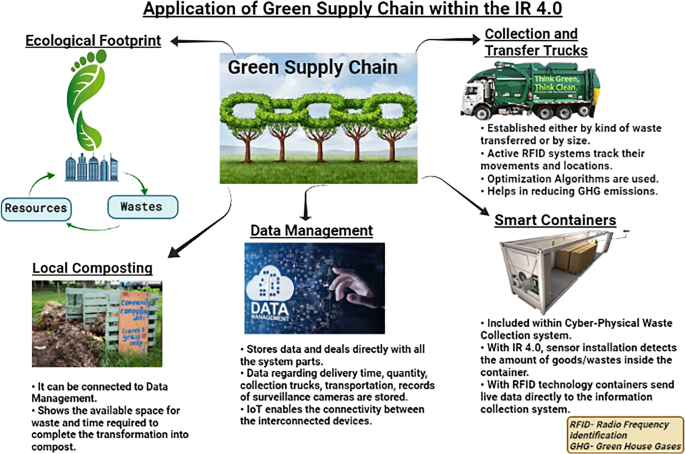The Power of Blockchain and Cryptocurrencies – Understanding the Technology and Its Applications
As technology continues to evolve, blockchain and cryptocurrencies have emerged as game-changers that transform various industries. The decentralized nature and transparent transactions offered by blockchain technology empower individuals and organizations alike. In this blog post, we will delve into the power of blockchain and cryptocurrencies, exploring their technology and real-world applications.
Understanding Blockchain Technology
At its core, blockchain is a distributed ledger that records transactions across multiple computers in a transparent and immutable manner. This technology eliminates the need for middlemen, such as banks, by enabling peer-to-peer transactions. Each transaction is cryptographically secured and linked together in blocks, forming a chain. This decentralized nature ensures trust and prevents fraud, making it an ideal solution for various sectors.
Applications of Blockchain Technology
1. Financial Services: Cryptocurrencies, like Bitcoin and Ethereum, are the most well-known applications of blockchain technology in the financial sector. They provide secure and borderless transactions, reducing the reliance on traditional banking systems. Additionally, blockchain can simplify the process of issuing and managing digital assets, such as stocks, bonds, and other financial instruments.
2. Supply Chain Management: Blockchain can revolutionize supply chain management by enhancing transparency and traceability. Through a distributed ledger, each step of the supply chain can be recorded, enabling stakeholders to track the journey of a product from its origin to the final consumer. This improves efficiency, reduces fraud, and ensures compliance with regulations.
3. Healthcare: Blockchain technology has the potential to streamline healthcare systems by securely storing and sharing patient data. Patients’ medical records can be stored on a blockchain, granting them greater control over their health information while ensuring data privacy. Additionally, blockchain can help authenticate the integrity of drugs, preventing counterfeit products from entering the supply chain.
4. Identity Management: Traditional identity management systems are often fragmented and vulnerable to data breaches. Blockchain offers a secure and decentralized alternative, allowing individuals to control and manage their digital identities. This can reduce identity theft and simplify the verification process for various online services.
5. Voting Systems: Blockchain can enhance the transparency and integrity of voting systems by providing a tamper-proof record of votes. By decentralizing the process, it becomes nearly impossible to manipulate or alter the results. This technology can potentially increase trust and participation in democratic processes.
Cryptocurrencies – More Than Just Digital Assets
Beyond the technology itself, cryptocurrencies play a significant role in blockchain ecosystems. They serve as digital assets that can be exchanged for goods, services, or other currencies. Cryptocurrencies leverage blockchain’s decentralized nature to provide a secure and efficient medium of exchange. Bitcoin, the first and most well-known cryptocurrency, has gained global recognition, but there are thousands of other cryptocurrencies with unique features and use cases.
While the cryptocurrency market can be volatile, it offers opportunities for investment and diversification. Some investors see cryptocurrencies as a hedge against traditional financial systems or as a store of value. Nonetheless, it’s essential to conduct thorough research and exercise caution when investing in this emerging market.
Embracing the Future
Blockchain and cryptocurrencies have the potential to reshape industries and empower individuals worldwide. By understanding the technology and exploring its various applications, we can harness its power to drive innovation, transparency, and efficiency.
As this technology continues to evolve, it is crucial to stay informed and adapt to its advancements. Whether you are a business owner, investor, or simply curious about the future of finance and technology, blockchain and cryptocurrencies offer exciting possibilities.
Disclaimer: This blog post is for informational purposes only and should not be considered as financial or investment advice. It is essential to seek professional advice before making any investment decisions.
Sources:
– Nakamoto, S. (2008). Bitcoin: A Peer-to-Peer Electronic Cash System.
– Swan, M. (2015). Blockchain: Blueprint for a New Economy. O’Reilly Media.











